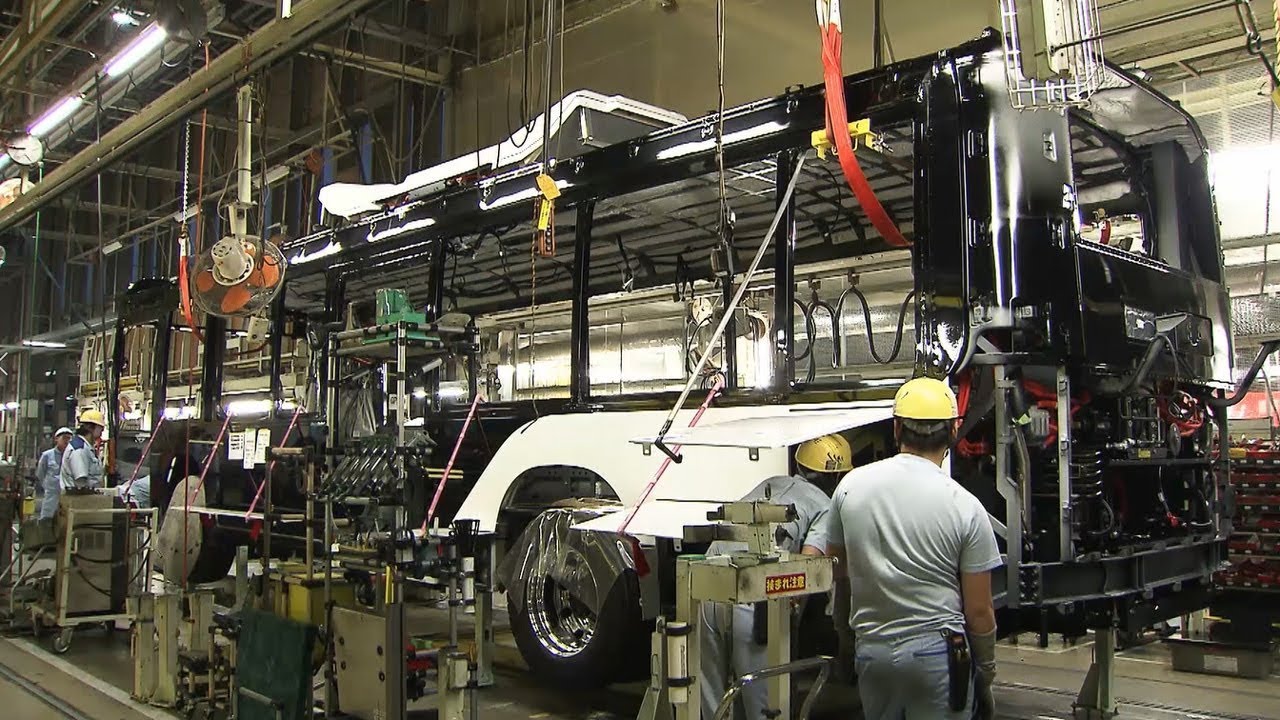Deven beefs up bus, truck production
TRUCK and bus maker, Deven Engineering last week unveiled new kits as it beefs up its manufacturing lines.
The new kits will help strengthen the public and commercial transport sectors which are currently reeling under shortages of vehicles that have resulted in a major crisis for the commuting public.
Speaking at the unveiling of 20 kits at the Deven assembly plant on Friday last week, Industry and Commerce permanent secretary Mavis Sibanda said: “The government has prioritised the bus and truck value chain to support the public and commercial transport sectors. This came after realisation that major bus and truck manufacturing companies in the country have the ideal capacity. For some of you who might not know, in our National Development Strategy 1 the bus and truck value chain is one of the prioritised 10 value chains. So this is really very important for the government. That’s why the valuation was included as priority one of the 10 priority value chains. There are many variations which are very important in the country.
“So you should know that this is important. What we are doing is actually within the NDS1. Over the years the country has spent millions of dollars importing buses and delivery trucks. This has drained the country’s much-needed foreign currency and also disadvantaged the local manufacturers.”
Sibanda said government had shifted focus towards reducing the import bill.
“I think this is where we are now. That’s why we’re excited to be where we are today. But now with you guys assembling and being given this opportunity to assemble 20 buses, we believe that we are there as the industry to reduce the import bill,” she said.
Deven’s core competence is truck and bus body manufacturing done on rolling chassis or from knocked down kits. It can build from scratch trailers, tankers and specialised vehicle bodies such as compactors, dumpers, tippers and refuse trucks.
The company is now looking at assembling buses at the rate of 20 buses per month.
Sibanda said government would support local industry to increase the supply of domestically-manufactured buses and delivery trucks.
“It is in our interest this will benefit upstream industries and provide inputs such as bolts, tyres, upholstery material, paint, carpets. The carpet manufacturers among others will benefit from the work which we are doing as long as you do a good job and we get more orders from the original equipment manufacturer,” she said.
Industrial Development Corporation of Zimbabwe chairperson Winston Makamure also said they were expecting to empower local manufacturing companies which specialise in making parts for buses.
“In the future, where we are going we want to resuscitate (tyre manufacturer) Dunlop and we are not going to use tyres coming from China. And we have (battery manufacturer) Chloride Zimbabwe and people who are making batteries and we are not going to have kits coming with batteries, but will have them made here by Chloride and we just have to sit down with them and give them specifications. The same applies to Zimglass which used to manufacture windscreens, we are resuscitating that. So with these 20 kits I know the buses will be on the road within a month and these kits are from a batch of 200 which will be delivered in batches of 20,” Makamure said.
The Deven programme is part of government ‘s ongoing engagements with manufacturers in partnership with external partners in assembling buses locally. The same arrangement is also underway with AVM.
The government’s US$8 billion Industrial and Commercial Sector Roadmap is expected to play a vital role in increasing the manufacturing sector’s value-addition capacity and help generate foreign currency, and the creation of jobs.-newsday










